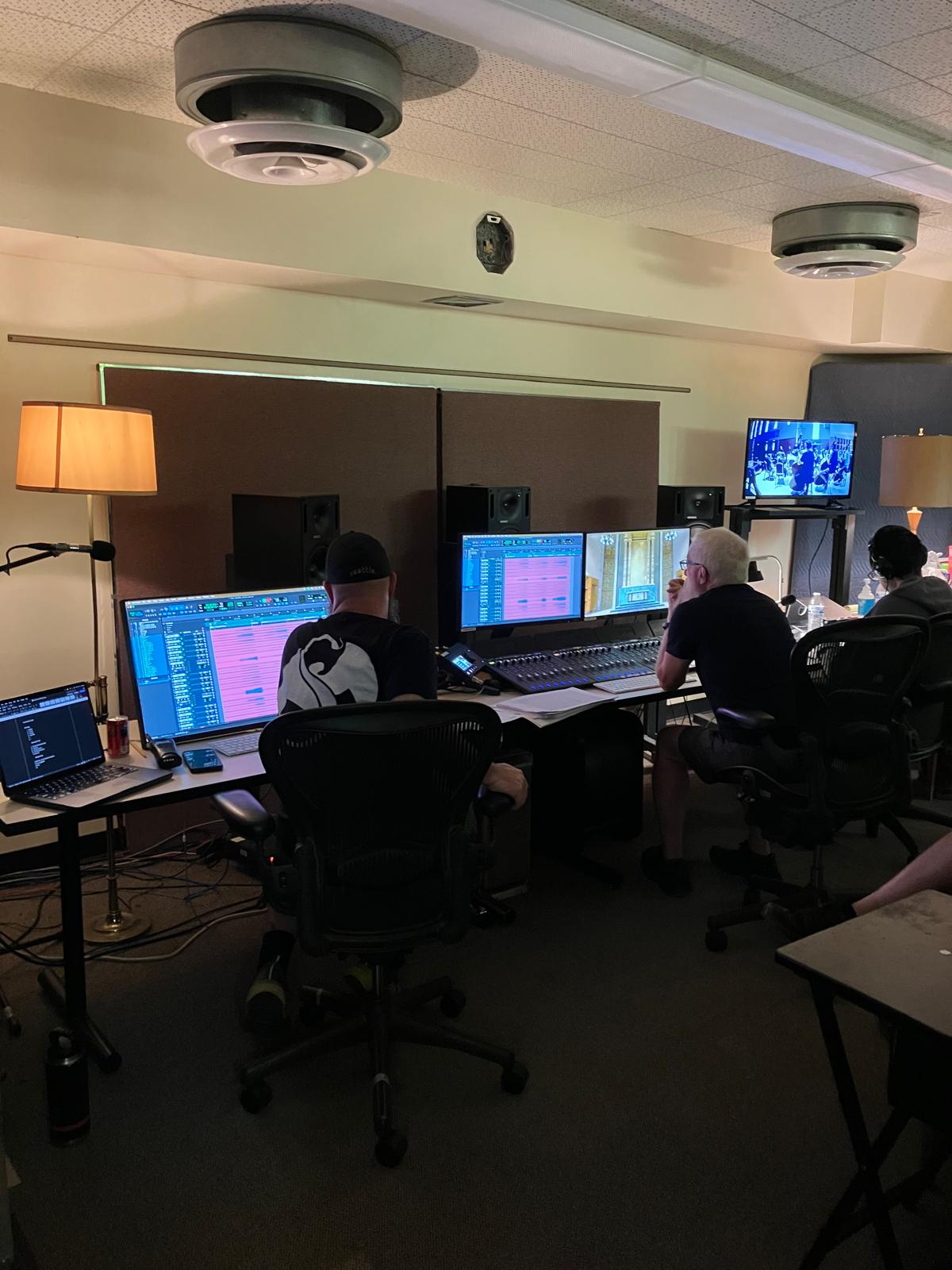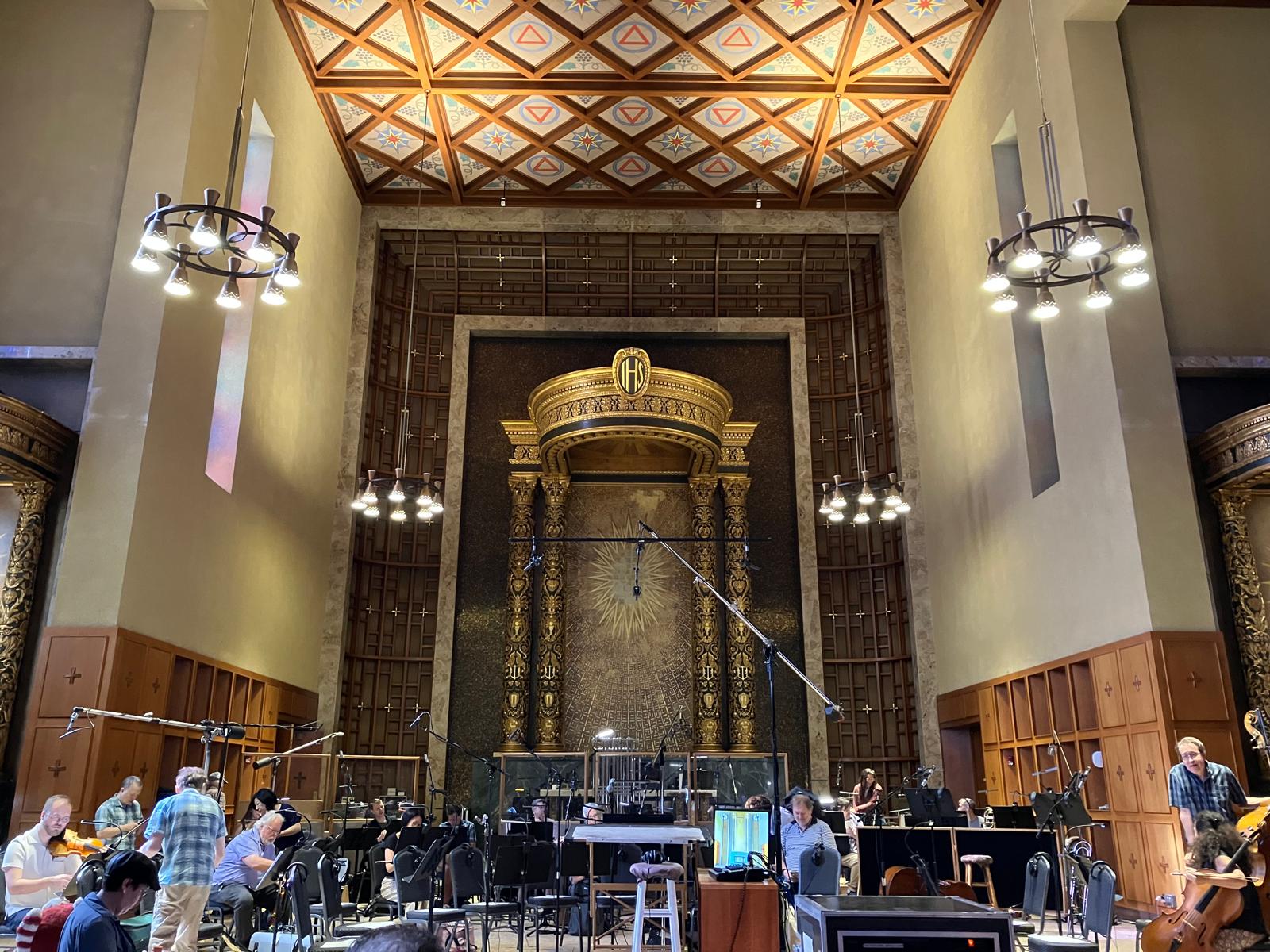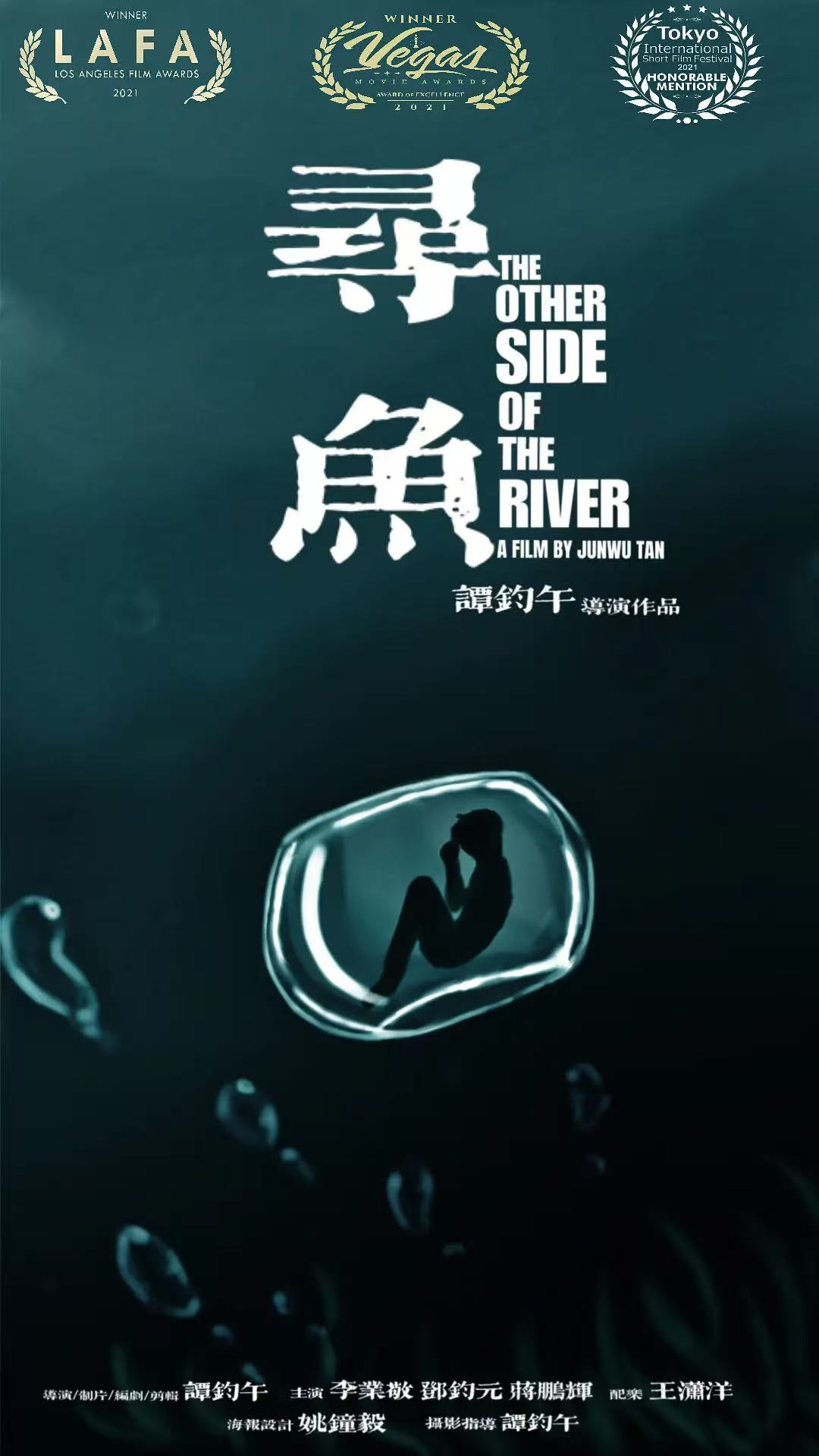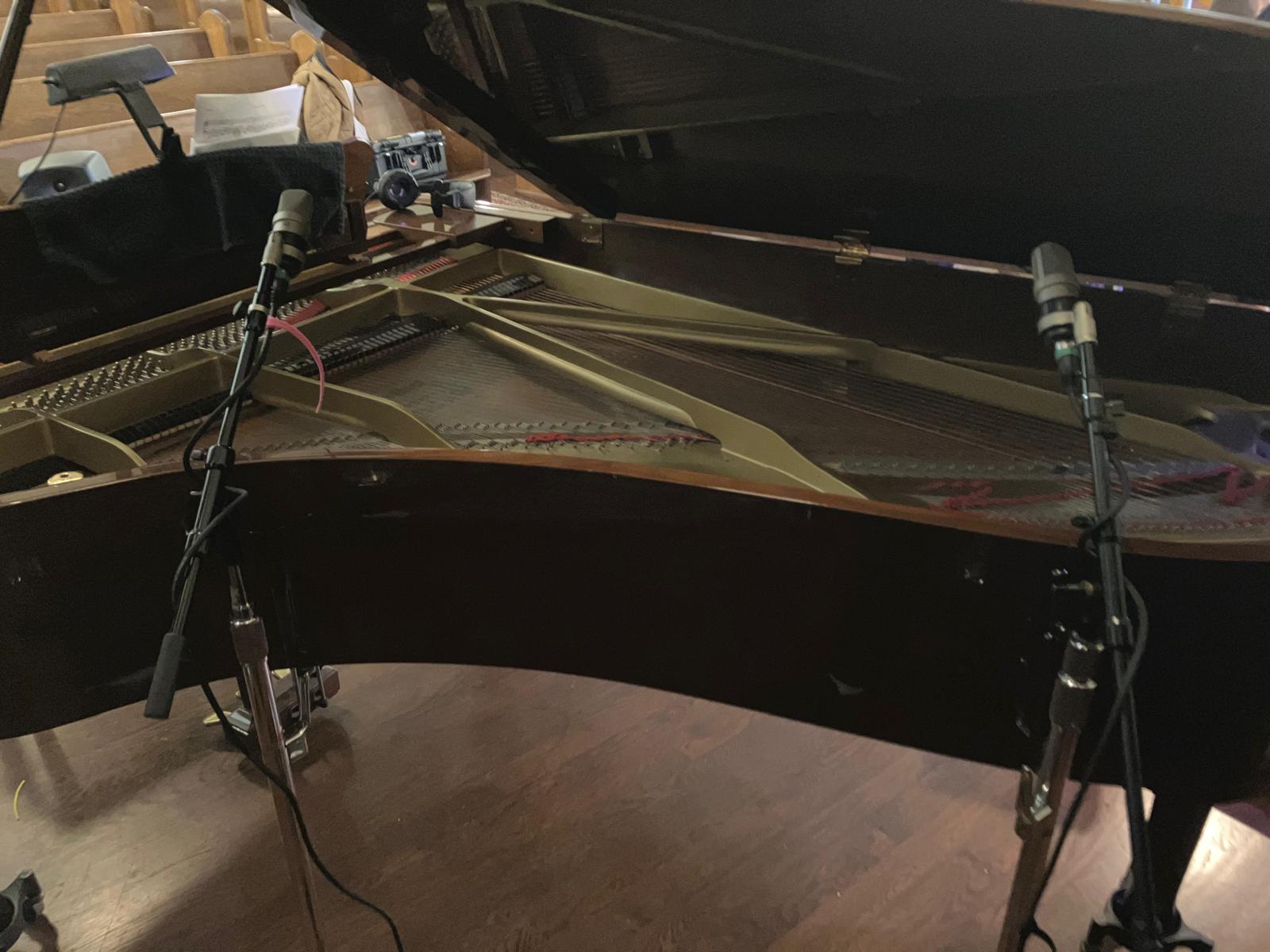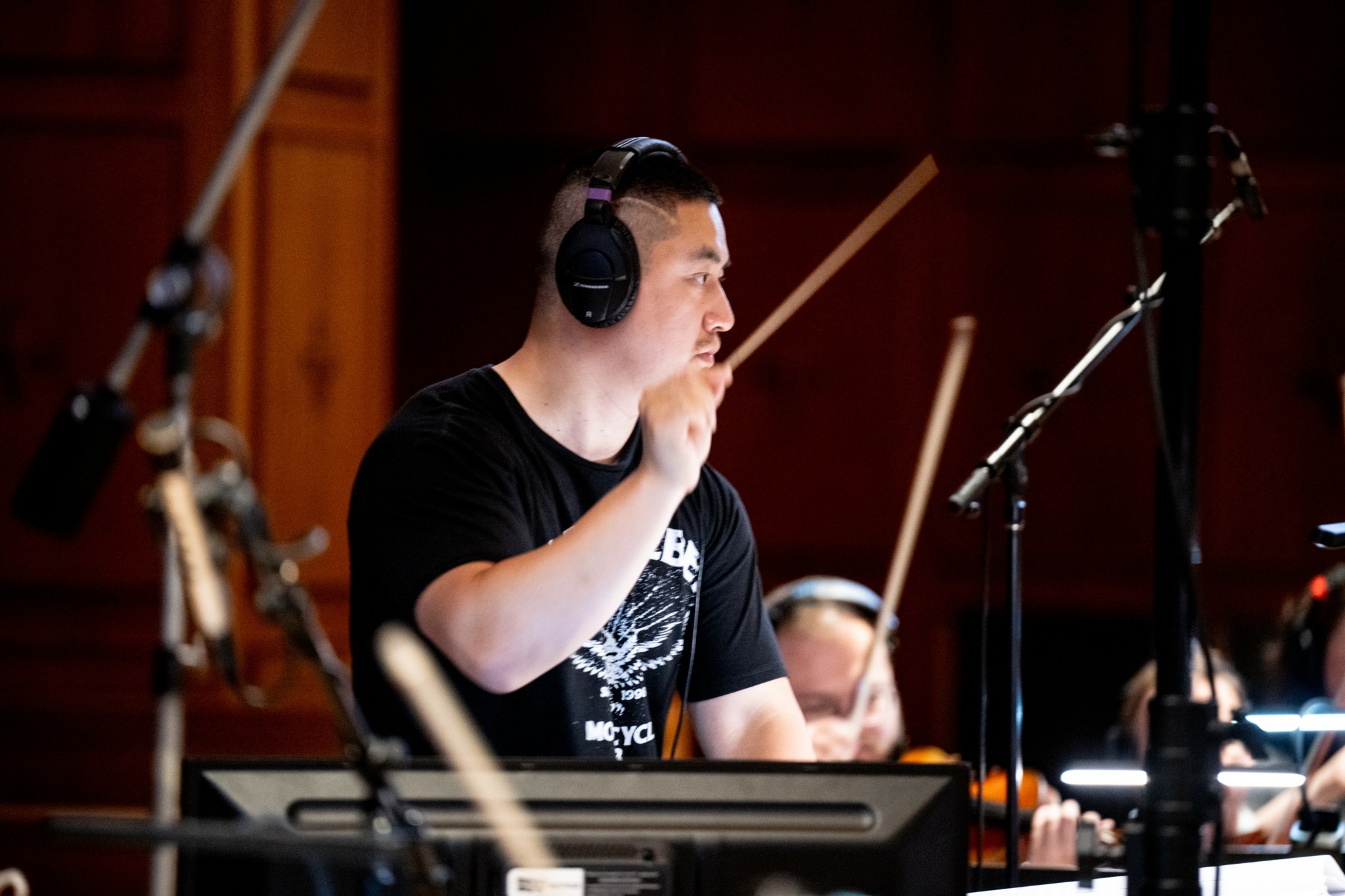We were lucky to catch up with XIAOYANG WANG recently and have shared our conversation below.
XIAOYANG, looking forward to hearing all of your stories today. Can you talk to us about how you learned to do what you do?
I learnt the craft both from the school and by teaching myself, and from the street.
I learnt Composition and Music Production skills by attending schools in Los Angeles and Seattle, and I have a master’s degree in Film Composition. School teaching was definitely helpful. But I also learnt a lot by working and teaching myself, because school’s teaching is sometimes left behind the latest technology, the latest knowledge in the industry, and the school’s curriculum is designed for generic learning, not for customized learning, so it’s not fit for everyone. So I also learnt the craft by working on projects and then found issues, and then resolved issues; it’s a more efficient and practical way of learning. For the electric bass playing, I basically teach myself, then I record the bass in my music on some projects by using the skills I learnt from myself.
I think the most essential skills are not about your skills, or what degree you have. It’s more about who you know, the connections, and the interpersonal skills. This is more important in the industry, such as how you communicate with people is more essential.
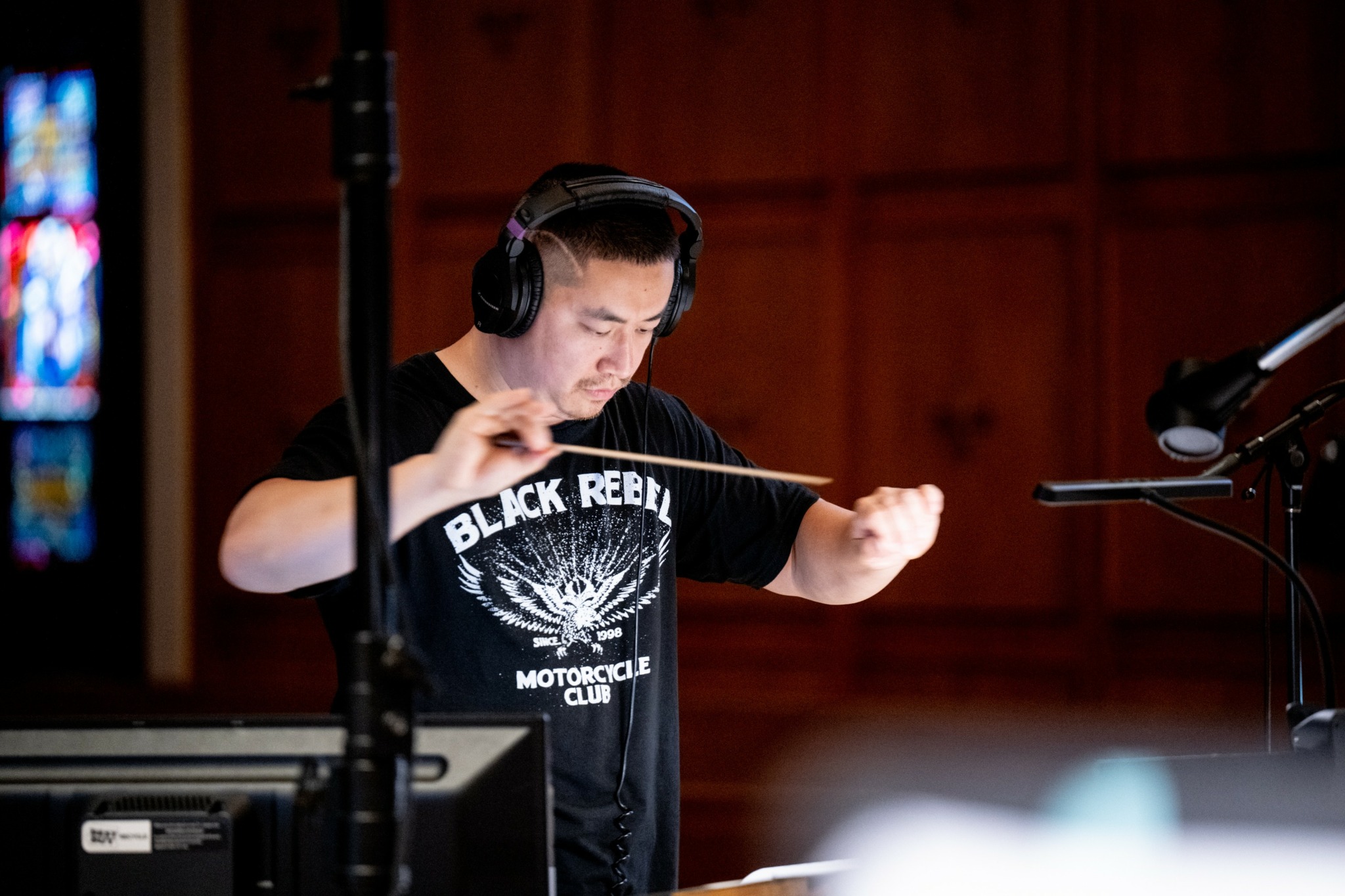
XIAOYANG, love having you share your insights with us. Before we ask you more questions, maybe you can take a moment to introduce yourself to our readers who might have missed our earlier conversations?
I’m a film composer who writes music/ scores for films, TV series, and I also write music for games. I’m also a mixing engineer who mixed my own music and other people’s music. I’m mostly based in Los Angeles and Beijing, but also travel to Seattle, New York, and so on. I’m also a musician who plays keyboard, electric bass guitar, and drum set. I’m also a conductor who conducts film music recording sessions.
I got into the industry in Los Angeles by working with other people on projects in the industry. What I’m proud of is creating diverse genres of music to meet different types of needs for the project, whether it’s a film, a commercial, a video game, or whether it needs tension, romance, thrill, action, horror, or just some simple underscore background music to serve the drama.
I’m also proud of participating in a film project called Hidden Letters that was shortlisted for the 95th Academy Awards documentary category.
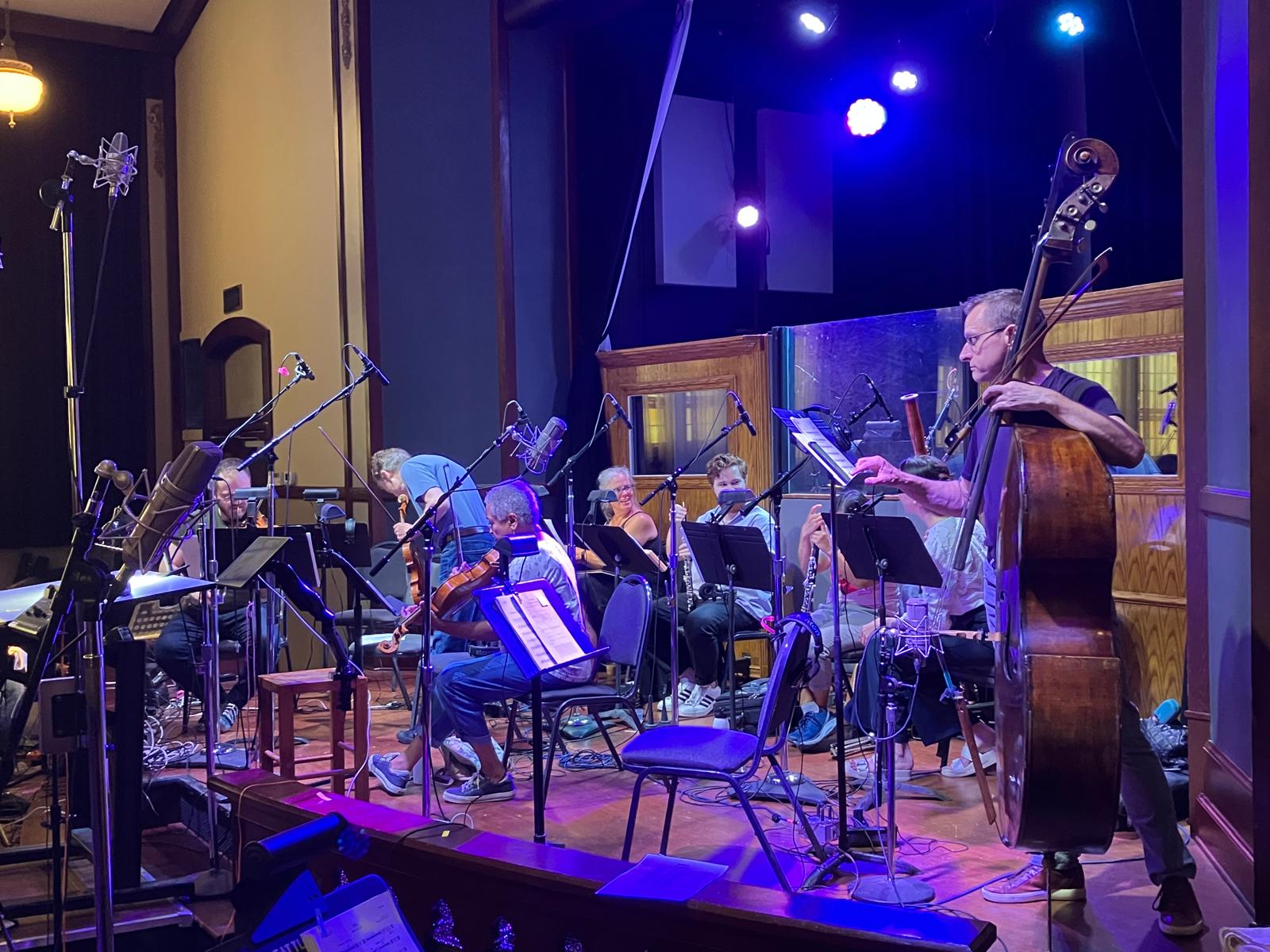
Is there mission driving your creative journey?
Yes, my goal is to let the music be more exposed to the audience when it’s combined with visual media – Film, TV, games, and Music theatres. Most of the time, the music is kind of hidden, so the audience doesn’t recognize or memorize the music that much. I’m trying to let the music serve the media well, as well as being more exposed and audible to the audience. So more people will get interested in score and pay more attention to this type of music when watching films or playing games.
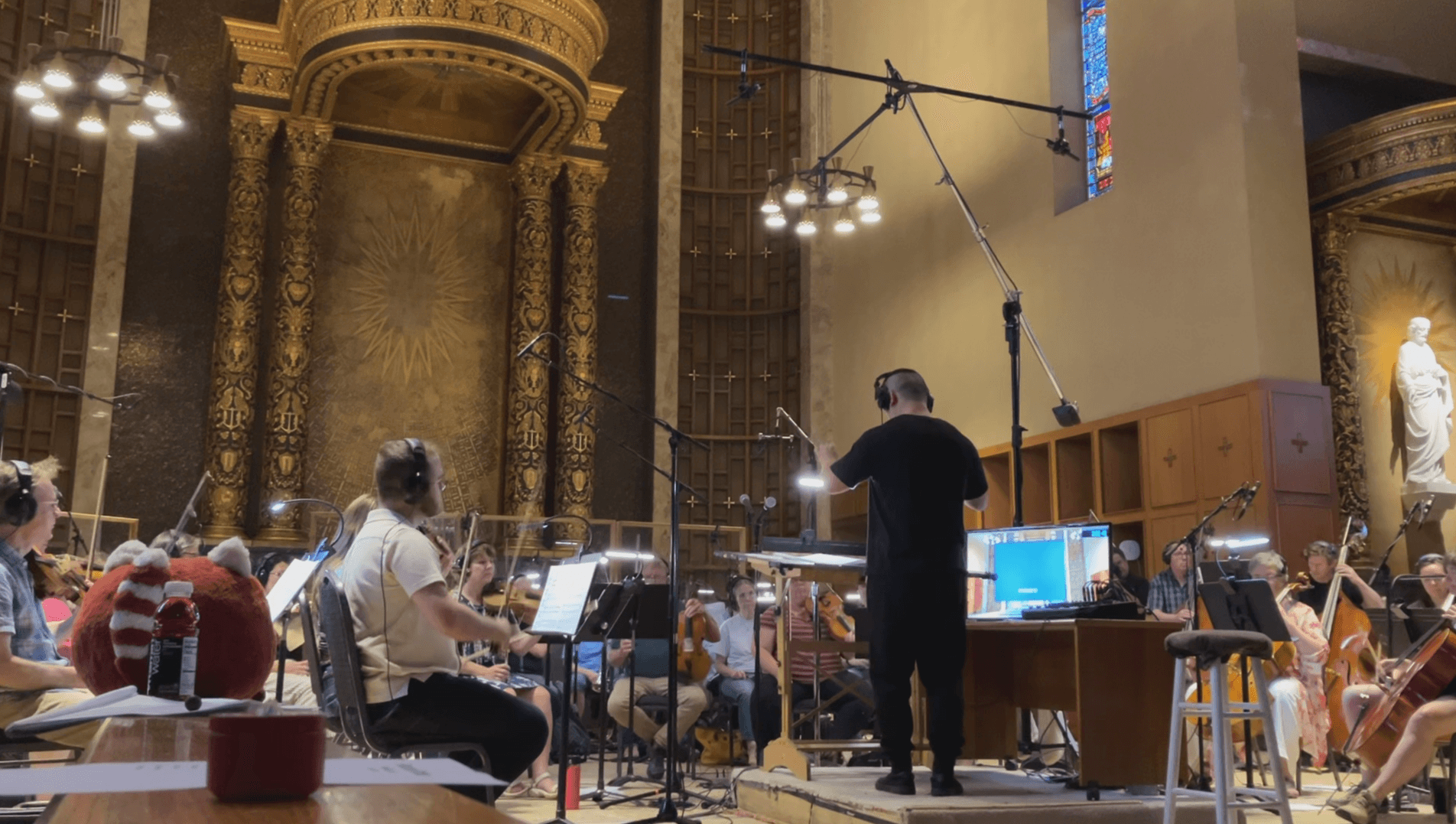
Is there something you think non-creatives will struggle to understand about your journey as a creative?
Most of the non-creatives have no idea of what film scoring means or what we do as film composers. Some audience may not even notice the score in the film. Sometimes people think it’s the songs used in the film that can be treated as film music. Technically, it’s true, but that’s not what the film composer’s job is. We as composers write the “Underscore” for the film; it’s more subtle than the songs. The score/music we write serves the drama of the film, and it interweaves between dialogue and sound effects, it’s part of the story and part of the film. We as film composers are also filmmakers.
Contact Info:
- Website: https://xiaoyangwang.net
- Instagram: wxy.bruce
- Facebook: https://www.facebook.com/XiaoyangBruce
- Youtube: https://www.youtube.com/@brucewang5073
- Soundcloud: https://soundcloud.com/user-534596510
